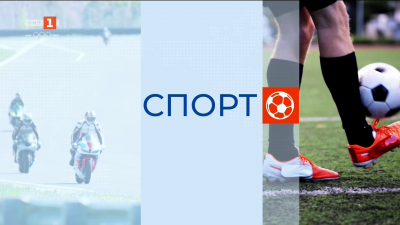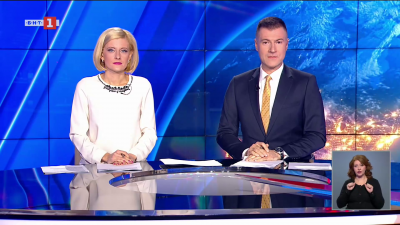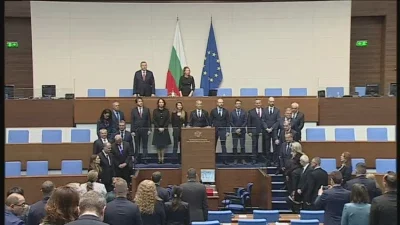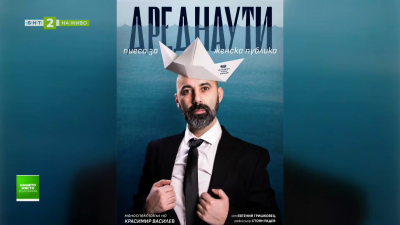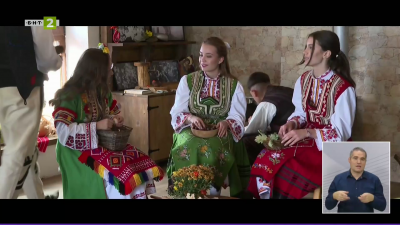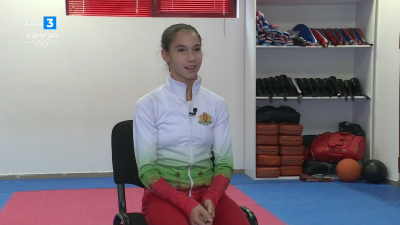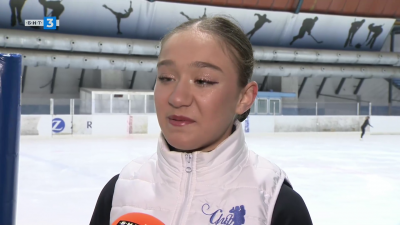Caretaker PM Donev on Schengen: Mark Rutte resorted to unworthy suggestions that are unlikely to be forgotten soon

The government is ready to push back if the Netherlands and Austria veto Bulgaria's Schengen membership, caretaker Prime Minister Galab Donev said on December 5 at a briefing at the Council of Ministers, where he held a meeting with Ministers Ivan Demerdzhiev (Ministery of Interior), Nikolai Milkov (Foreign Affairs) and Krum Zarkov (Minister of Justice).
All measures will be targeted and in defence of the national interest of Bulgaria, which has never defended positions of division and double standards in relation to any EU country and expects the same attitude from other member states, Donev said.
"It is more than obvious that the positions of the Prime Minister of the Netherlands and the chancellor of Austria are dictated by domestic political considerations rather than by real identified shortcomings in the implementation of the Schengen rules by Bulgaria."
Suspicions are raised about the application of double standards, especially by the Netherlands, the caretaker Prime Minister believes. He commented on Dutch Prime Minister Mark Rutte's statement and the words that "the Bulgarian border is crossed illegally for 50 euros".
"We note that in his position the Chancellor of Austria refers to shortcomings of the Schengen system as a whole, which can in no way be the responsibility of the Bulgarian side, while the Prime Minister of the Netherlands also resorts to unworthy suggestions, which in Bulgaria are unlikely to be forgotten soon. Our duty to the memory of the three Bulgarian border police officers who died guarding the EU's external border will not allow it."
The criteria for joining Schengen were met by Bulgaria as early as 2011 and this was well known to all participants, including the governments of the Netherlands and Austria, Donev stressed. He recalled that in recent months, at the initiative of Bulgaria and Romania, checks were organised in both countries by the European Commission with the participation of interested EU member states.
"The areas subject to inspections included visa issuance, judicial cooperation on migration and data protection, the most sensitive and important areas identified by the EC. Both checks ended with positive results for Bulgaria," he said.
PM Donev described the statement of the Dutch Prime Minister Mark Rutte as unconvincing and pointed out that on Bulgaria's initiative the Austrian embassy in Bulgaria had also carried out an inspection, but the Dutch side did not want to take part.
"In this sense, the reservations subsequently expressed by the Prime Minister of the Netherlands, which are argued on the basis of a lack of confidence precisely regarding Bulgaria's fulfilment of the membership criteria, not only sound more than unconvincing, but are contradicted by the conclusions of the European Commission and contradict the opinions of all member states and the unequivocal opinion of the European Parliament," he said.
With regard to the rule of law, Donev recalled that in 2019, the European Commission had issued a clear opinion that Bulgaria had covered the six main priorities under the Cooperation and Verification Mechanism and since then there was no need to prepare new reports on Bulgaria.
Caretaker Minister of Interior, Ivan Demerdzhiev, said that Mark Rutte "is not making accusations, but assumptions" about the Bulgarian border. These assumptions, however, are countered by the positive reports from the two inspections of the EU missions in Bulgaria and the inspection by the Austrian ambassador, which gives hope that the country may change its position, the minister said.
"The main objections of the Netherlands are actually not related to the borders, but to the implementation of the cooperation and verification mechanism, which was lifted in Bulgaria in 2019. It is debatable whether such a position does not in practice nullify the norms on which the EU and EU bodies and institutions are built," he said.
The EU Justice and Home Affairs Council is due to vote on Schengen enlargement on 8 December. The Netherlands is expected to agree to Romania and Croatia joining the Schengen area, but block Bulgaria's accession. The ministers are expected to vote in two separate decisions - one for the admission of Bulgaria and Romania and the second for the admission of Croatia. Unanimity is required to approve the decisions.
The initiative for the meeting with Prime Minister Galab Donev comes amidst sharp reactions from the Bulgarian authorities and political forces regarding the position of the Netherlands.
Get the latest news wherever you are!
Follow us on
Facebook
and
Instagram
Follow BNT’s YouTube channel
You can now also watch us on
TikTok
Find us on
Google News







